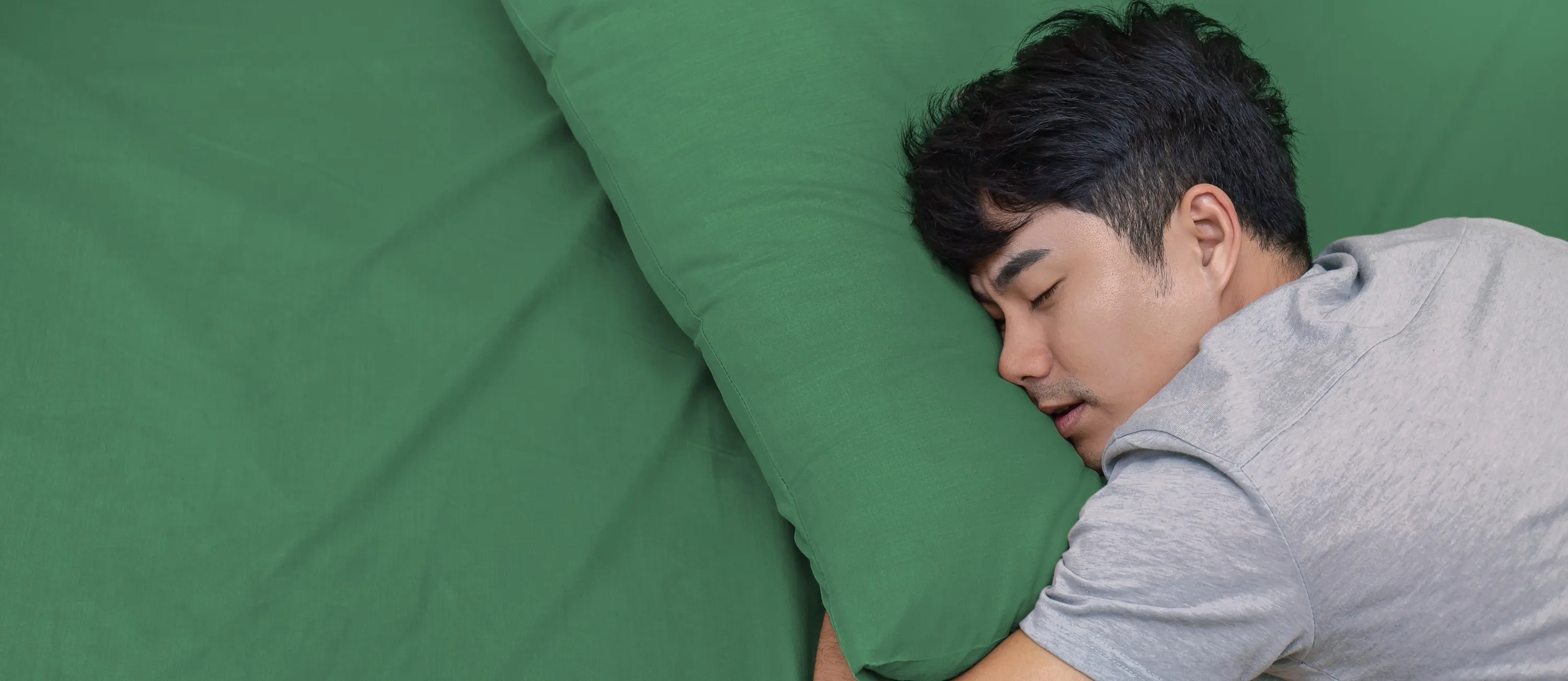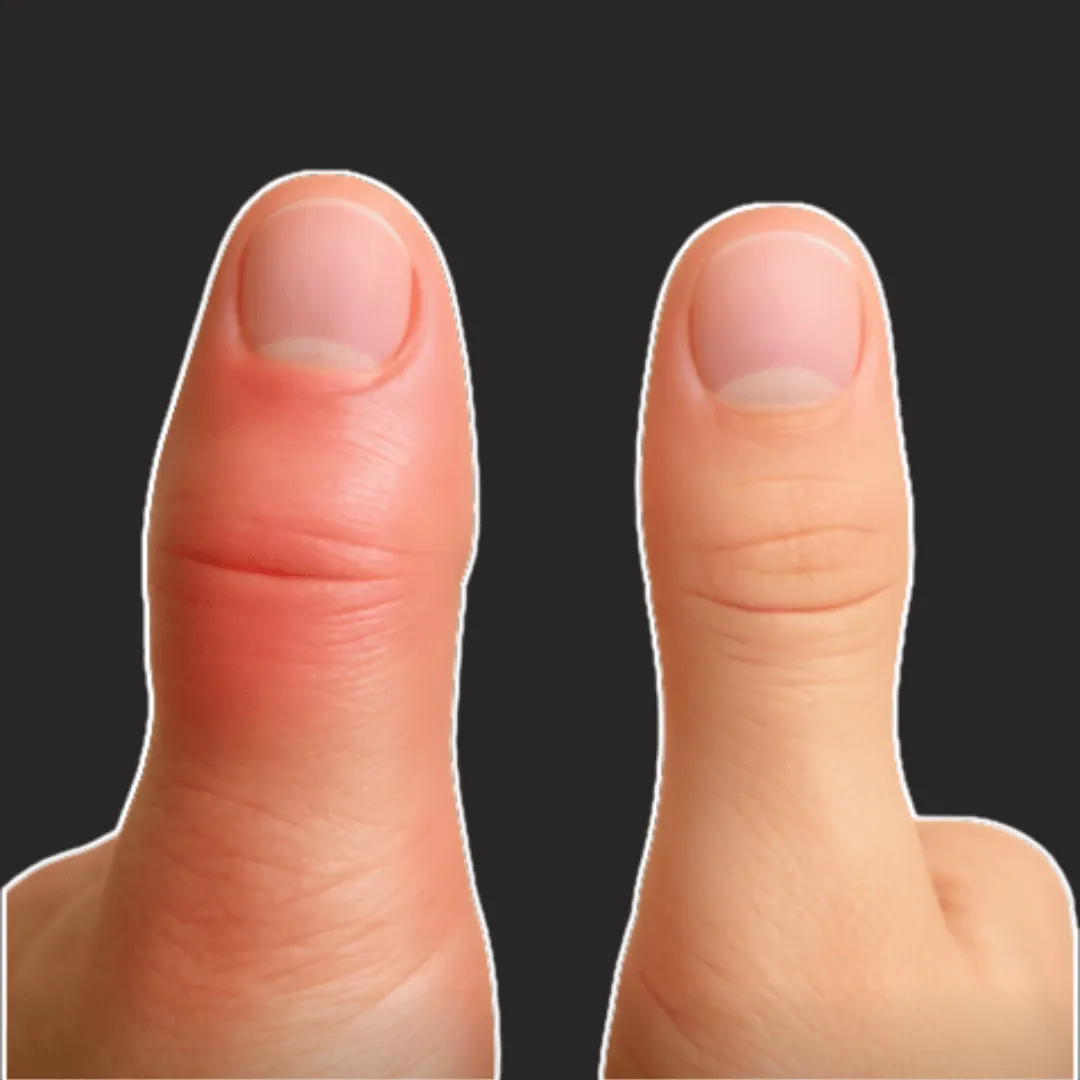Even though scientists proved a positive relationship between good sleep and optimal performance a long time ago, many athletes suffer from sleep deprivation. Lack of knowledge and underestimating good sleep can cause a reduction in performance and decision-making ability - both crucial for any level bowler.
As most games happen in the mornings, quality sleep in bowling is even more important than in other sports. Unfortunately, many bowlers oversee this component of an athlete's daily routine.
In this article, we'll go through the sleep cycle, the correlation between sleep and athlete's performance, and some tips to improve your sleeping habits.
Sleep cycle
Usually, a good night's sleep consists of five phases. During the first four phases (a.k.a. non-REM phase), which change from light sleep to deep sleep, brain activity decreases, heart rate and breathing slow down, blood pressure and body temperature drop. In the fifth phase, called the rapid eye movement (a.k.a. REM) phase, you can see the eyes of a sleeper move under the closed eyelids. The whole structure of sleep constitutes 75% non-REM and 25% REM.
During the non-REM phase, recovery is mainly promoted through melatonin (a hormone that your brain produces), which activates the regeneration of muscle and nervous system cells, bone growth, and oxidation of fats and even promotes the restoration of the immune and endocrine systems.
During the REM phase, the brain becomes active again - saving the received information during the day and clearing out unnecessary one. It is essential for mental health and the ability to memorize information.
Sleep and performance
How many times have you arrived at the morning bowling league game tired and in a bad mood, unprepared for an intense competition? Eight hours of sleep is considered a reasonable amount for the general population.
But high-level athletes have a more intense day regimen, so it is clear that more rest is needed to recover.
Studies show that before and after high-intensity competition or training, athletes should get at least eight and a half hours of sleep to increase their productivity and performance the other day significantly.
Moreover, a shortage of sleep can cause more unwanted things. Studies showed that the risk of injury increased by 65% when athletes slept less than eight hours per night. Sleep deficiency also harms athletic performance and well-being and is the leading cause of faster exhaustion, lack of muscle strength, and a worse mood state.
Tips for better sleep
It can take up to a month to see transformations in your cognitive and physical level by implementing something new in your sleep habits. And still, it is worth giving these simple tips for better sleep a try.
- Schedule an alarm for when to go to sleep and when to get up to control your daily sleep. Make sure you get a little more than eight hours of bedtime.
- Keep your room dark and silent.
- Sleeping in a heated room leads to greater wakefulness when trying to sleep and reduces time spent in REM phase. Open a window or turn on your a/c before bed, to get some fresh air.
- Napping can be implemented to recover sleep debt when athletes have had a poor night's sleep. Try it after the meal, as then melatonin levels are the highest.
- Don't use your phone or tablet in bed. The blue light emitted by your devices restraints melatonin production.
Nutrition can be just as important in bowling as correct rest and sleep habbits. Check our latest article about helpful nutrition tips for your upcoming bowling tournament.




